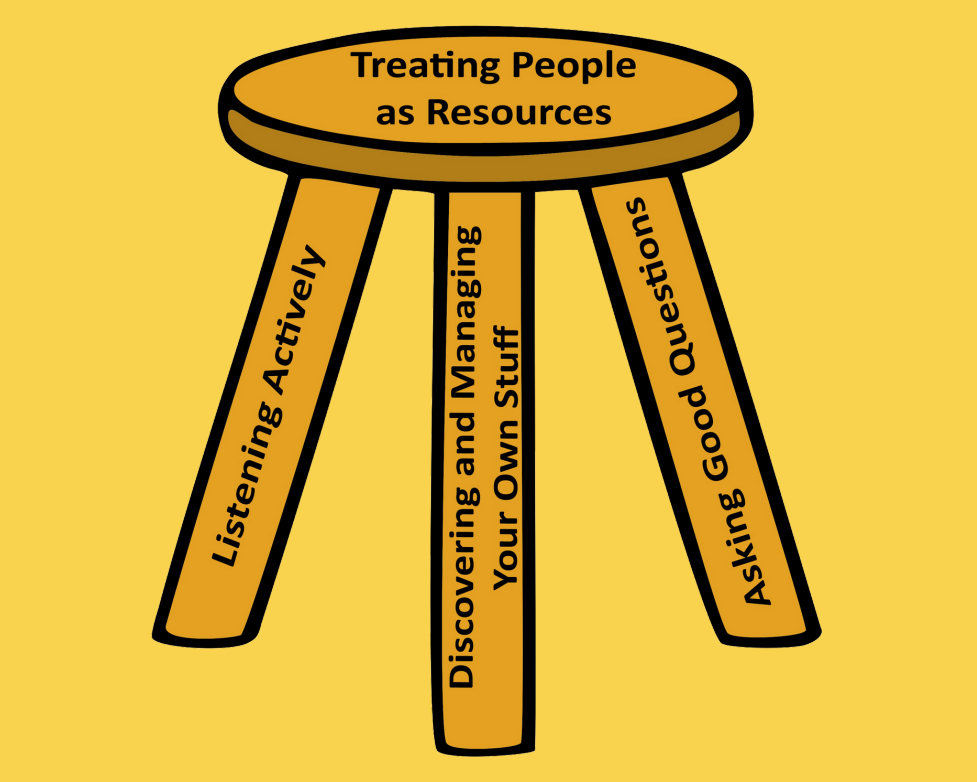In a world full of noise, the ability to truly listen is a rare and valuable skill. Active listening is more than hearing words; it’s about creating a space where people feel seen, heard, and understood. In recovery coaching, personal growth, and relationship-building, mastering active listening can make all the difference.
What Is Active Listening?
Active listening is a communication technique where the listener fully engages with the speaker, paying close attention to their words, tone, and body language. It involves more than just hearing; it requires presence, empathy, and understanding. Active listeners reflect back what they hear, ask clarifying questions, and withhold judgment to create a safe and supportive environment.
The Role of Active Listening in Recovery Coaching
For individuals in recovery, having someone who truly listens can be life-changing. Recovery coaching is built on trust and connection, and active listening is at the heart of this relationship; people can not be treated as a resource without it. When recovery coaches actively listen, they empower individuals to share their stories, process emotions, and uncover insights into their own healing journey.
By practicing active listening, recovery coaches:
- Build Trust: Creating a non-judgmental space where individuals feel safe to open up.
- Enhance Self-Discovery: Allowing clients to hear their own thoughts and emotions reflected back helps them gain clarity.
- Encourage Empowerment: Validating experiences and emotions gives individuals the strength to take ownership of their recovery.
Active Listening Beyond Coaching: Personal Growth and Relationships
Active listening isn’t just for recovery coaches; it’s a skill that can transform personal relationships and foster personal growth. When we actively listen in our daily lives, we:
- Strengthen Relationships: Being fully present shows we value the other person, deepening trust and connection.
- Resolve Conflicts: Understanding the other person’s perspective makes finding common ground easier.
- Promote Self-Awareness: Listening attentively helps us become more aware of our own reactions and emotions.
How to Practice Active Listening
If you want to become a better listener, here are some practical techniques:
- Be Present: Focus entirely on the speaker. Put away distractions like phones or laptops.
- Use Open Body Language: Face the speaker, make eye contact, and nod occasionally to show you’re engaged.
- Reflect and Clarify: Repeat back what you hear in your own words and ask clarifying questions.
- Hold Space: Resist the urge to interrupt or offer solutions. Let silence work in your favor.
Final Thoughts
Active listening is a skill that takes practice, but its impact is profound. Whether you’re a recovery coach guiding someone through their healing journey or simply a friend who wants to be there for a loved one, the act of truly listening has the power to heal, empower, and connect.
Are you ready to enhance your listening skills? Join our upcoming webinar on March 19th at 1pm, Listen to Lead: Strengthening Recovery Relationships as a Peer Recovery Coach, where we dive deep into the art of active listening and its role in recovery and beyond. You can sign-up to get the Zoom link for the webinar here or after March 19th, 2025 you can listen to it and other recordings here.
Let’s start listening — not just to respond, but to understand.


